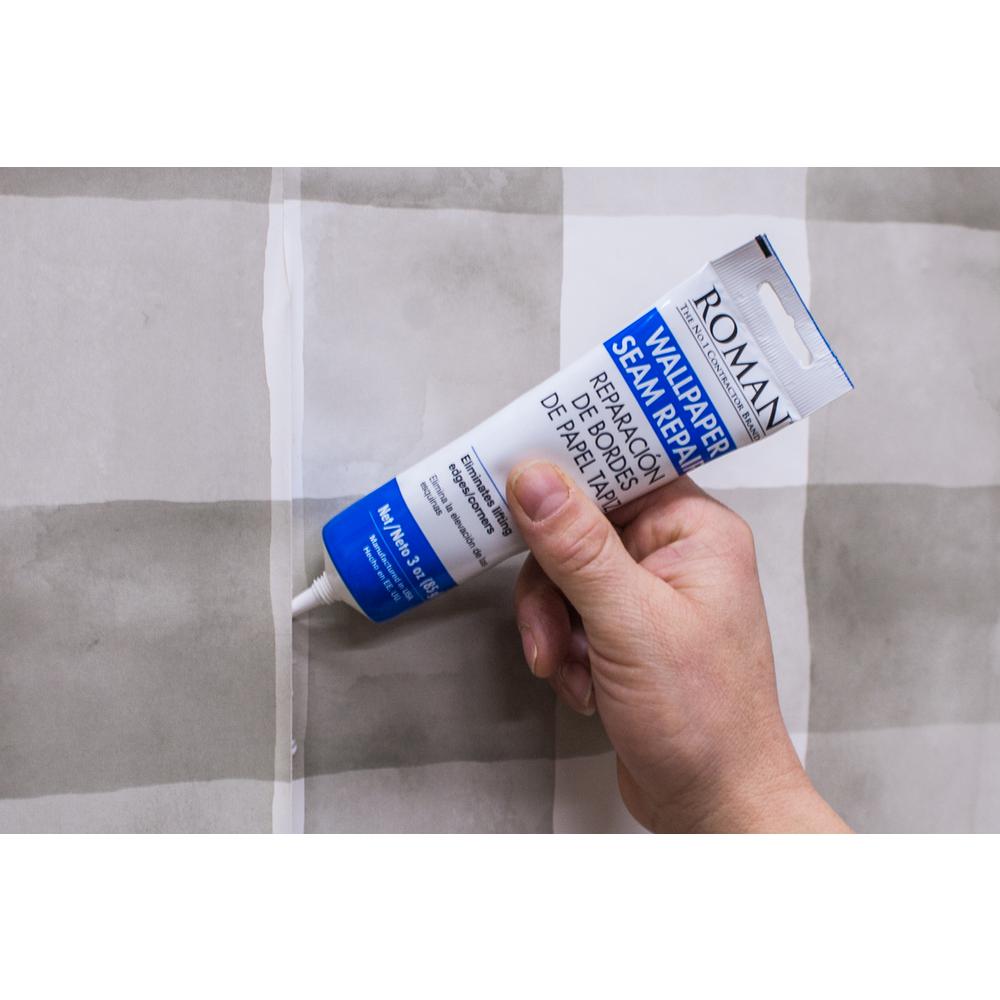3 smooth the paper down and gently rub a clean moist sponge over the repair.
Glue to stick wallpaper edges.
For loose edges start by pulling the wallpaper away from the wall.
Loose seams and curled edges occur when too much adhesive seeps.
Corners and edges of the wallpaper may begin to droop if insufficient paste is used.
Wallpaper adheres to walls with a paste compound.
Use polycell overlap repair adhesive in a tube.
Insert the tip of the glue injector into the slash.
Next take a small paintbrush and apply a thin layer of repair glue to the loose piece s back end.
Re gluing the wallpaper is simple once you understand the proper procedure.
Reattaching loose wallpaper seams and edges can prevent further damage.
Too much glue might have been squeezed out of the seam when it was rolled flat.
Cut a small slash at one edge of the air bubble in your wallpaper with the utility knife.
The unstuck edges may cause tears or further loosening if you do not fix them in a timely fashion.
When the adhesive behind wallpaper dries out the wallpaper sometimes will lift and curl away from the wall.
Or with pre pasted vinyl wallcoverings seams start to peel open because the factory applied adhesive didn t stick to the vinyl.
Continue to pull until you reach the point at which the peeling ends and the rest is still securely attached.
To fix loose seams or curling edges on wallpaper you ll need a knife or craft stick a damp sponge a tube of seam adhesive with a pointed nozzle and a wallpaper roller.
Vertical seams between strips of wallpaper become loose for a variety of reasons.
Step 2 peel back edges and glue.
Or with prepasted vinyl wallcoverings seams start to peel open because the factory applied adhesive didn t stick to the vinyl.
Dip a small paint brush into the glue and use it to apply a thin even coat of glue to the back of the loosened wallpaper.
Too much glue might have been squeezed out of the seam when it was rolled flat.

